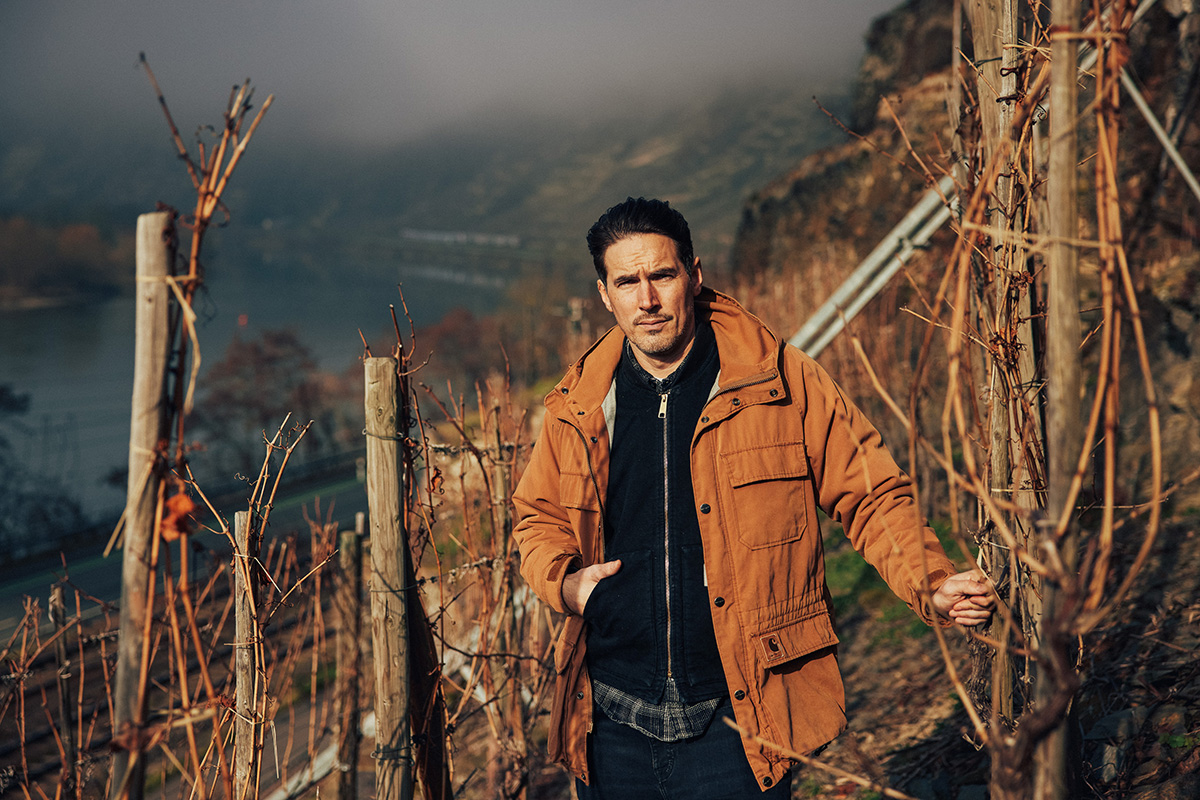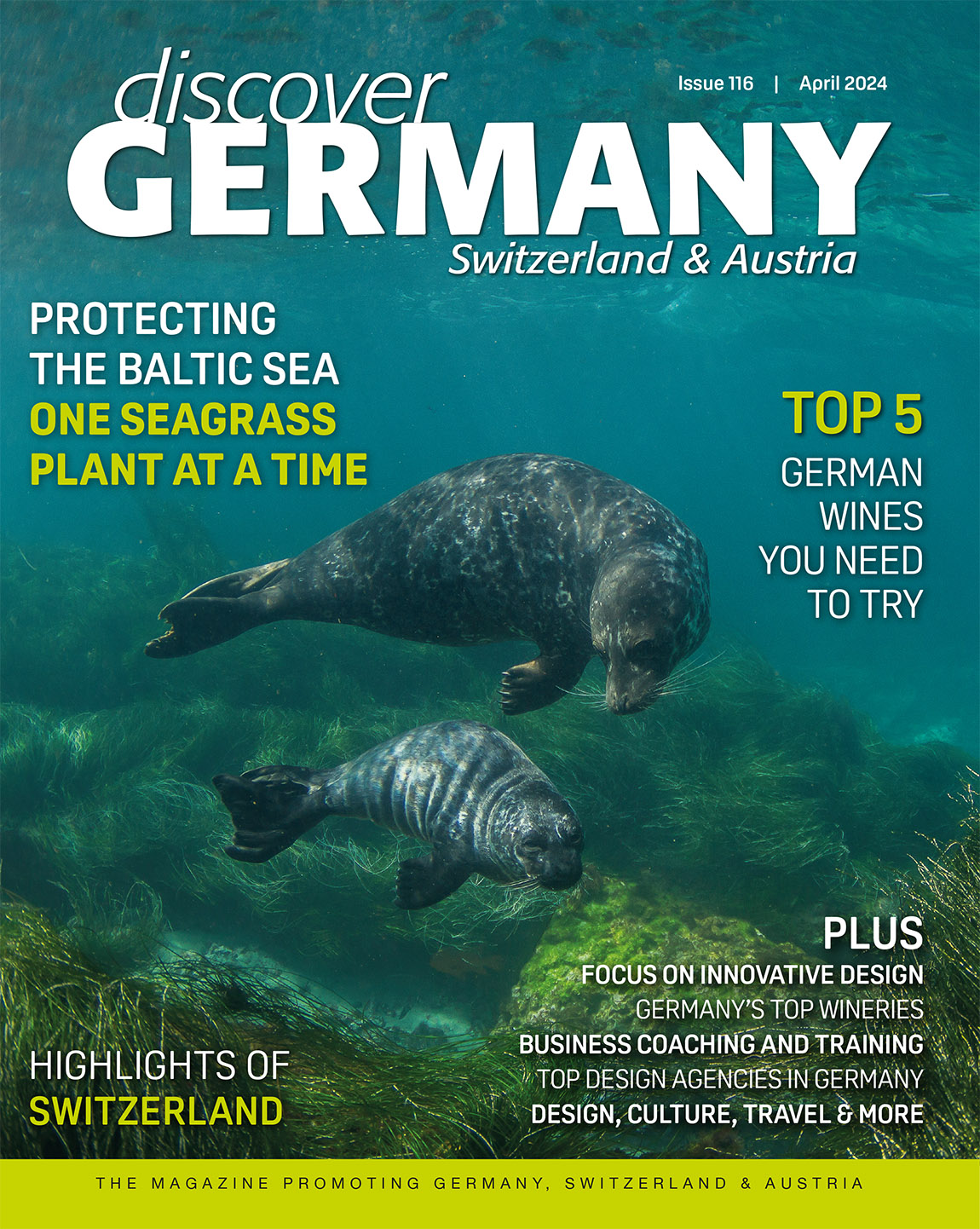The delights of the German, French and Italian vocabulary On some rather interesting terms – November 2019

In this column, author Adam Jacot de Boinod explores the weird and wonderful world of German, French and Italian vocabulary, and discovers some rather interesting terms. Let us take a look at what he has found.
TEXT: ADAM JACOT DE BOINOD | PHOTO © DREAMSTIME
My favourite place names are the most original, the quirkiest or those with a story attached. I hope you enjoy them and that they raise an eyebrow or two!
In Germany, Stuttgart is often nicknamed the ‘Schwabenmetropole’ (‘Swabian metropolis’) in reference to its location in the centre of Swabia, and has its etymological roots in the Old High German word Stuotgarten meaning ‘stud farm’, because the city was founded in 950 AD by Duke Liudolf of Swabia, to breed warhorses.
And then there are German villages such as Kotzen, which means ‘to vomit’; Oberhäslich, ‘extremely ugly’; Katzenhirn, ‘cat-brain’; Kuhbier, ‘cow beer’; Fetterstrich, ‘broad line’; Grünkraut, ‘green herb / cabbage; Sonntagen, ‘Sundays’; Rosenharz, ‘roses’; Singen, ‘to sing’; Wangen, ‘cheeks’; and Kehlen, ‘throats’. Watch out for Feuchtwangen translating as ‘moist cheeks’
In France, Paris was named Lutetia by the Romans, meaning mudland, but the name Paris derives from its early inhabitants, the Celtic Parisii tribe, and is not related to the Paris of Greek mythology. Paris is often referred to as The City of Light (‘La Ville Lumière’), both because of its leading role during the Age of Enlightenment, and more literally because Paris was one of the first European cities to adopt gas street lighting. In the 1860s, the boulevards and streets of Paris were illuminated by 56,000 gas lamps.
In Italy, the long-held tradition of the origin of the name ‘Roma’ is believed to have come from the city’s founder and first king, Romulus. Rome’s root word was possibly derived from Ῥώμη, a Greek term that refers to bravery or courage or rum-, meaning ‘tit’, associated with Romulus and Remus being suckled by the wolf.
As for the Vatican, it comes from the Latin vaticinari, ‘to prophesy’, from the name of the hill ‘Mons Vaticanus’ on which the Vatican is located, the street beneath having been used by fortune-tellers and soothsayers in Roman times.
Adam Jacot de Boinod worked on the first series of the BBC panel game QI for Stephen Fry. He is a British author having written three books about unusual words with Penguin Press.
Disclaimer: The views and opinions expressed in this column are those of the author and do not necessarily reflect the official policy or position of Scan Magazine Ltd.’
Subscribe to Our Newsletter
Receive our monthly newsletter by email




